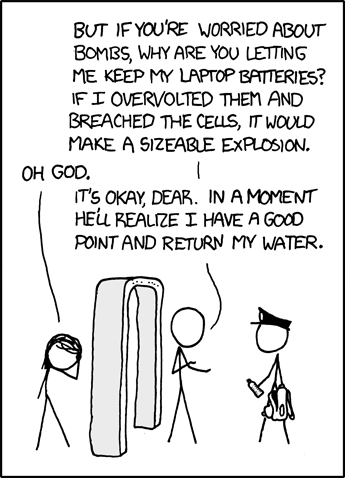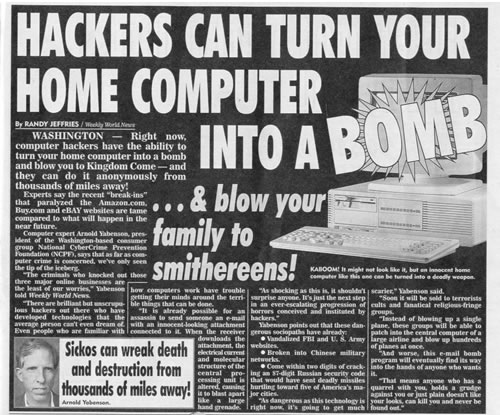Killer Queen
Banned
Heightening the concern is US intelligence suggesting that terrorists have obtained sophisticated airport security equipment to test how to effectively conceal explosives in laptops and other electronic devices.
The intelligence, gathered in the last several months, played a significant role in the Trump administration's decision to prohibit travelers flying out of 10 airports in eight countries in the Middle East and Africa from carrying laptops and other large electronic devices aboard planes.
The findings may raise questions about whether the ban is broad enough. CNN has learned that, through a series of tests conducted late last year, the FBI determined the laptop bombs would be far more difficult for airport screeners to detect than previous versions terrorist groups have produced. The FBI testing focused on specific models of screening machines that are approved by the Transportation Security Administration and are used in the US and around the world.
As a matter of policy, we do not publicly discuss specific intelligence information. However, evaluated intelligence indicates that terrorist groups continue to target commercial aviation, to include smuggling explosive devices in electronics," the Department of Homeland Security told CNN in a statement. "The U.S. government continually re-assesses existing intelligence and collects new intelligence. This allows DHS and TSA to constantly evaluate our aviation security processes and policies and make enhancements when they are deemed necessary to keep passengers safe. As always, all air travelers are subject to a robust security system that employs multiple layers of security, both seen and unseen."
When the electronics ban was announced, US officials told CNN they were concerned that terrorists had developed ways to hide explosives in battery compartments. But the new intelligence makes clear that the bomb-makers working for ISIS and other groups have become sophisticated enough to hide the explosives while ensuring a laptop would function long enough to get past screeners. Though advanced in design, FBI testing found that the laptops could be modified using common household tools.
FBI experts have tested variants of the laptop bombs using different battery and explosive configurations to assess how difficult it would be for airport screeners to detect them.
The intelligence that contributed to the ban on electronic devices was specific, credible an
At the same time, they also said there was no single, overwhelming piece of intelligence that led to the ban, rather it was an accumulation of intercepted material and "human intelligence."
http://www.cnn.com/2017/03/31/politics/terrorist-laptop-bombs-may-evade-security/Intelligence officials received a wake-up call in February 2016, when an operative from al-Shabaab, an al Qaeda affiliate in Somali, detonated a laptop bomb on a Daallo Airlines flight from Mogadishu to Djibouti. The explosives were hidden in a part of the laptop where bomb-makers had removed a DVD drive, according to investigators. Airport workers helped smuggle the bomb on the plane after it passed through an X-ray machine. In that case, the bomber was blown out of the airplane but the aircraft was able to make an emergency landing. However, experts have said the bomb would have been more devastating had the plane reached cruising altitude.



